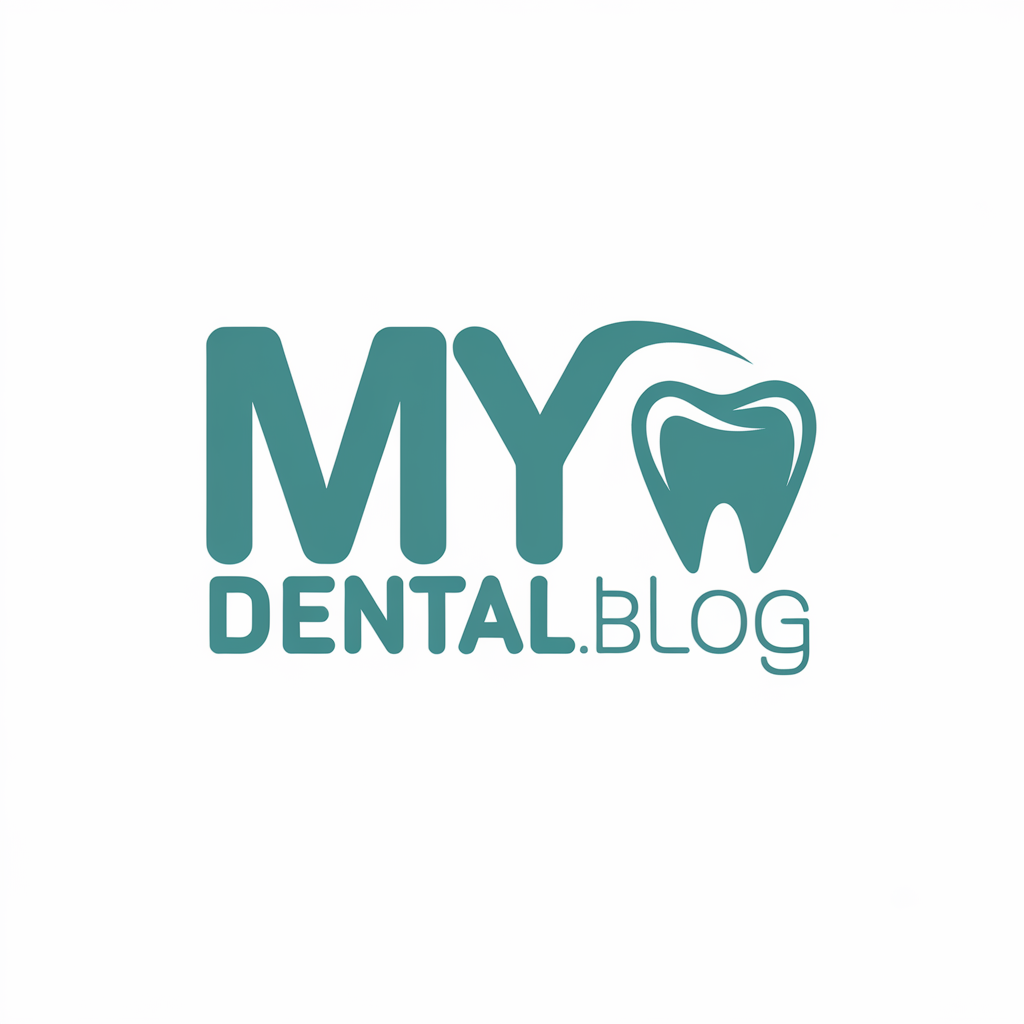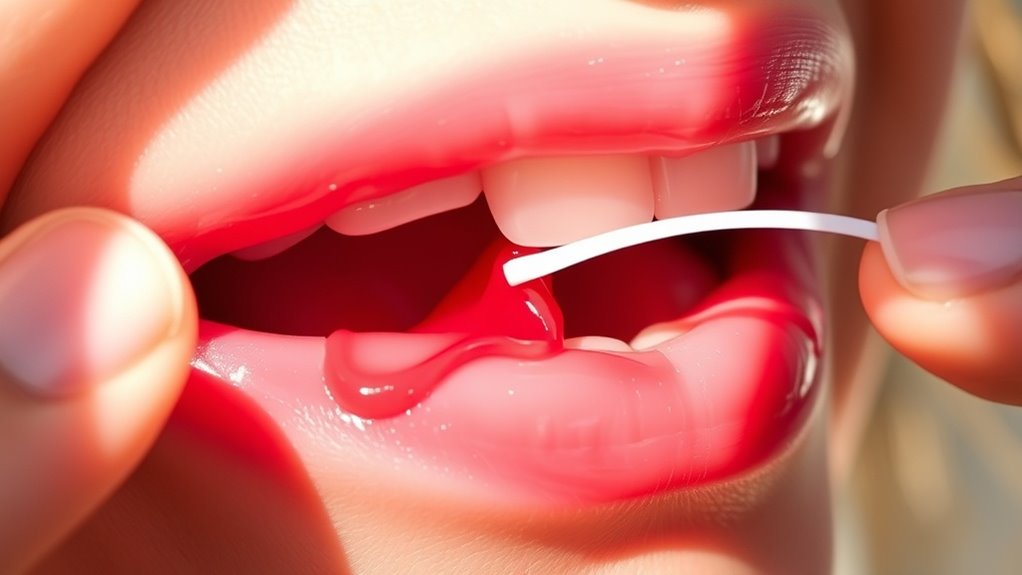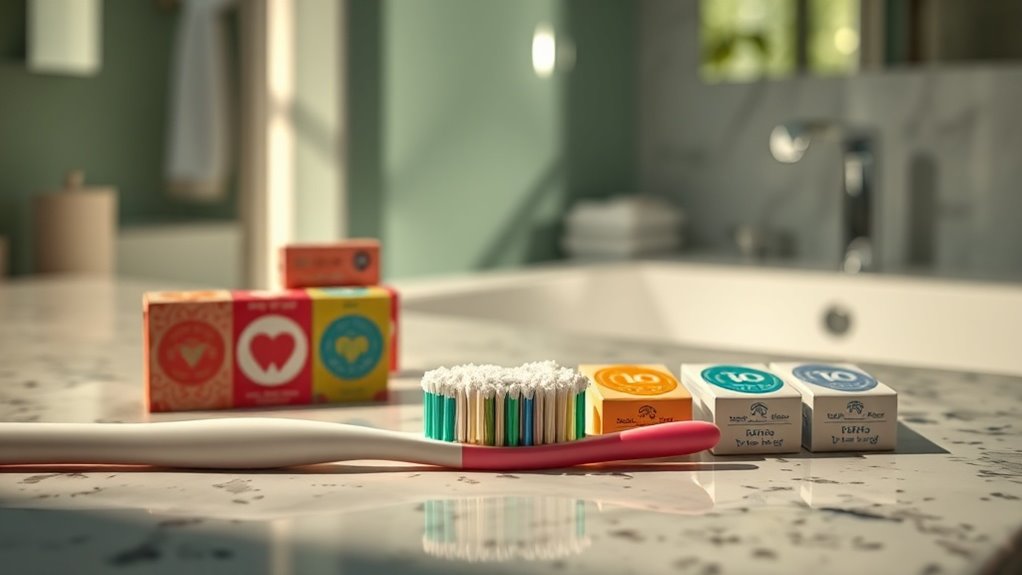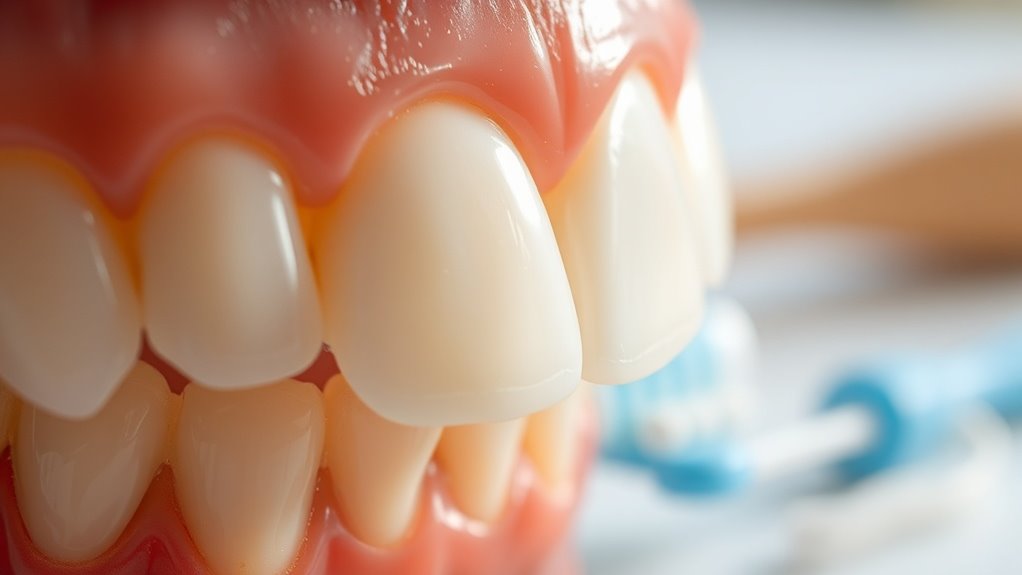Why Bleeding Gums Aren’t Always a Sign of Trouble
Bleeding gums can be alarming, but they don’t always mean something serious is wrong. Sometimes, factors like hormonal shifts, changes in your oral care routine, or even slightly aggressive brushing can trigger this. It’s crucial to pay attention to your gum health and understand what might be causing the bleeding. There are common reasons behind this issue that you might not be aware of. Let’s explore them further.
Common Causes of Bleeding Gums
When you notice bleeding gums, it’s often a sign that something’s not right with your oral health.
Common causes include gingivitis, improper brushing techniques, and even vitamin deficiencies.
These bleeding gums facts highlight the importance of regular dental check-ups and good hygiene.
Don’t ignore this symptom; it could signal underlying issues that need attention to keep your smile healthy. Persistent bleeding gums should always be evaluated by a professional to prevent more serious conditions.
The Role of Hormonal Changes
Hormonal changes can significantly impact your oral health, particularly when it comes to bleeding gums. This can happen during puberty, menstruation, pregnancy, or menopause. These fluctuations increase blood flow to your gums, making them more sensitive and prone to bleeding. It’s essential to maintain good oral hygiene during these times to minimize discomfort and protect your overall dental health. Incorporating gum-friendly foods into your diet can help support gum health during these hormonal changes.
Impact of Medications on Gum Health
Certain medications can have a profound effect on your gum health, often leading to issues like bleeding gums.
Drugs that manage conditions like high blood pressure or allergies may cause dry mouth, which increases plaque buildup. Additionally, some treatments can alter your blood’s clotting ability, making gums more prone to bleeding. Poor oral hygiene and excessive sugar intake can further exacerbate these issues by promoting the growth of harmful bacteria in the mouth.
Always discuss any concerns with your healthcare provider to find solutions that work for you.
Oral Hygiene Practices and Their Effects
Maintaining good oral hygiene is essential not only for your teeth but also for the health of your gums.
Brushing twice a day and flossing daily help remove plaque and food particles, reducing the risk of gum inflammation.
Don’t forget to rinse with an antibacterial mouthwash.
Consistency in these practices can significantly improve your gum health and prevent issues like bleeding. Additionally, using fluoride toothpaste can enhance your oral hygiene routine by strengthening enamel and lowering harmful bacteria levels.
When to Seek Professional Help
When should you consider reaching out to a dental professional about your bleeding gums?
If your bleeding persists despite good oral hygiene, or if you notice swelling, pain, or changes in gum color, it’s time to seek help. Don’t ignore these signs, as they could indicate underlying issues. A dental visit can provide reassurance and appropriate treatment tailored to your needs. Additionally, regular dental check-ups can help identify any potential problems early on and ensure optimal gum health.
Maintaining Healthy Gums Through Lifestyle Choices
Your lifestyle choices play a significant role in keeping your gums healthy. Eating a balanced diet full of vitamins and minerals, particularly vitamin C, supports gum health.
Regular brushing and flossing can’t be overlooked either—they remove plaque and prevent gum disease. Staying hydrated and avoiding tobacco also make a big difference.





